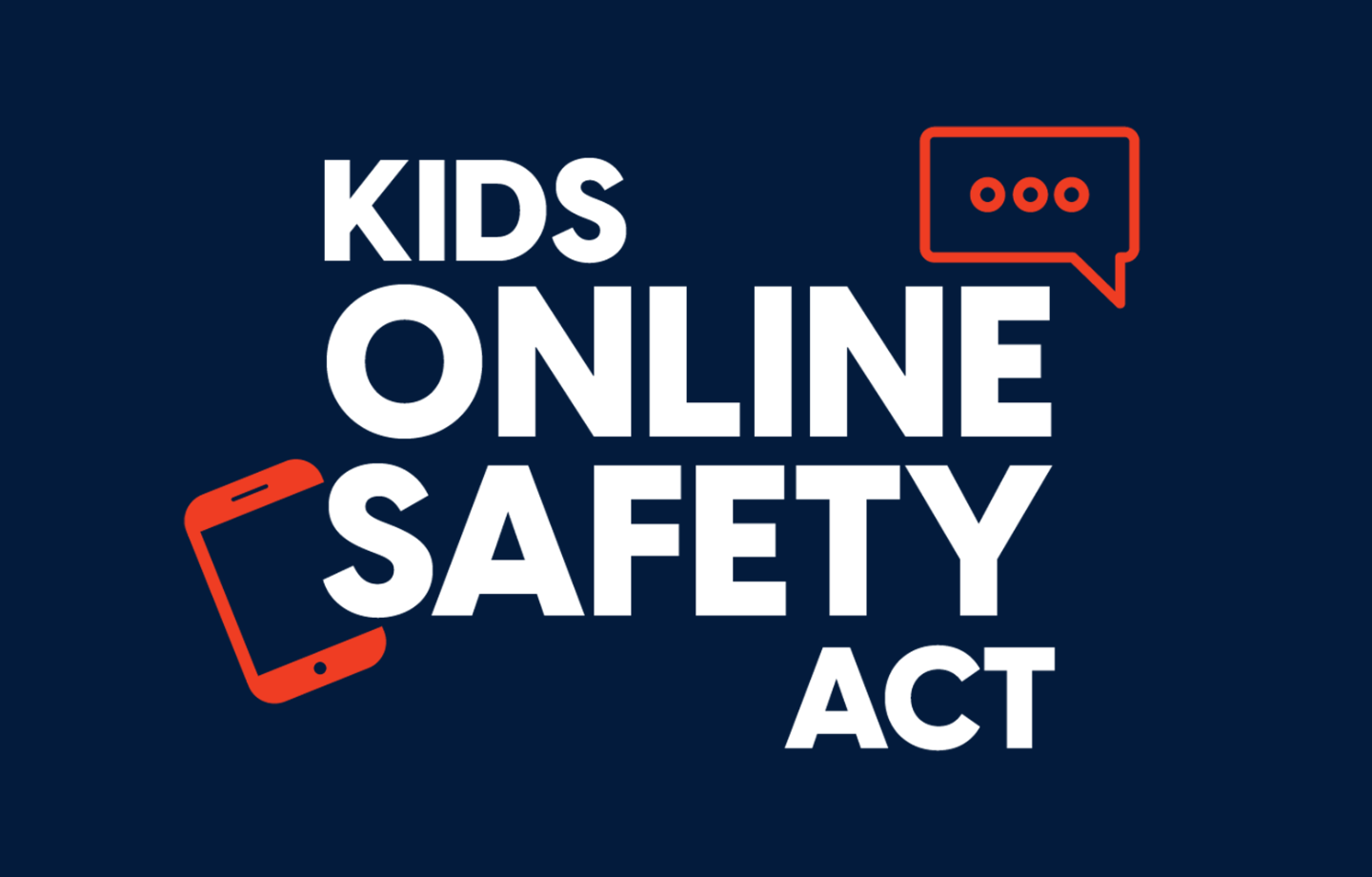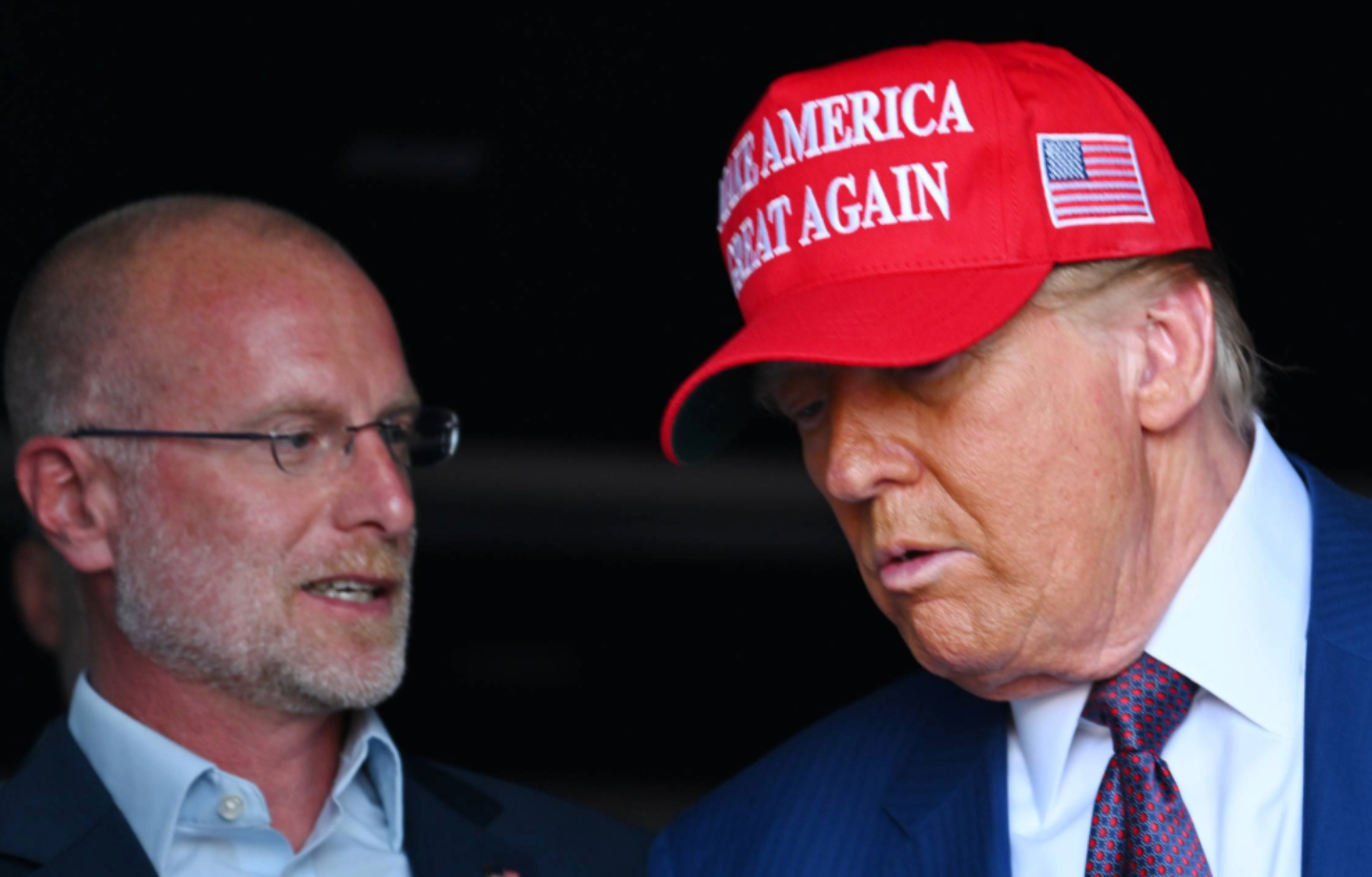European Regulators Need to Scrutinize the Online Video Game Industry

March 11, 2024
Much of the media coverage of the European Union’s new Digital Services Act (DSA), which took effect for all online platforms in February, understandably has focused on its expected impact on major social media platforms like Facebook, TikTok, and X. But this sweeping legislation could also force long-overdue changes in an adjacent $200-billion industry: video games. Anyone who cares about safety online—especially that of children—should take note.
Far from being a niche form of entertainment, video games today reach three billion consumers worldwide. In the US, over 215 million people (66% of the national population and 71% of children under 18) play video games. With their ability to offer real-time communication alongside interactive entertainment, online games have become the preferred social networking platforms for a growing number of users, including young children.
As games have morphed into massive social platforms, the companies profiting from them have resisted establishing clear community rules, moderation practices, and other basic safeguards that have become standard across the traditional social media ecosystem. In large part due to this resistance, certain online games have become breeding grounds for extremism and vectors for acute forms of harassment, as we explain in our May 2023 report, Gaming the System.
The DSA, by bringing online games into its scope (see Article 2), may finally force meaningful changes across the video game industry. The DSA requires all game companies with European customers to implement effective systems to identify and manage illegal and harmful content, including harassment and hate speech. It also mandates that game companies disclose detailed information about their content moderation practices.
To ensure that game companies follow through with these requirements, European regulators should keep game companies on their radar as they move to enforce the Act. It would be regrettable if insufficient enforcement of the regulation were to once again leave game companies off the hook.
 Technology & Democracy
Technology & Democracy


